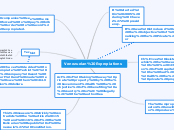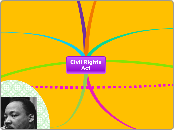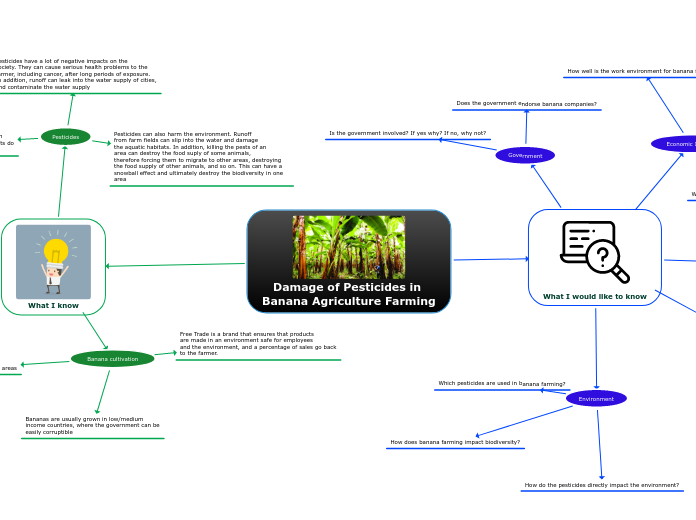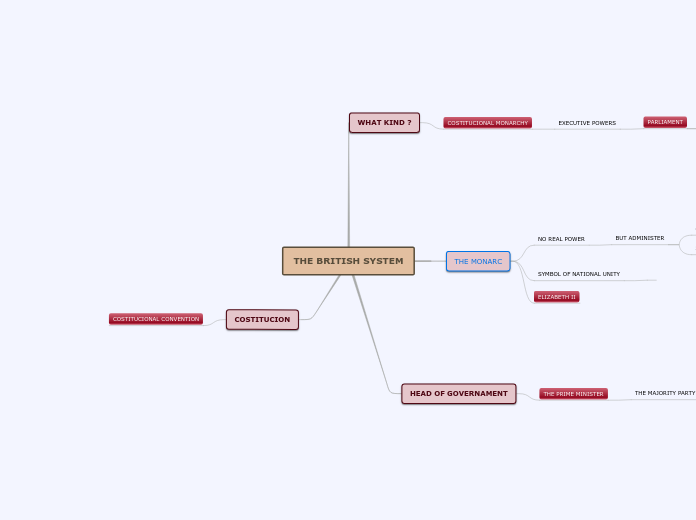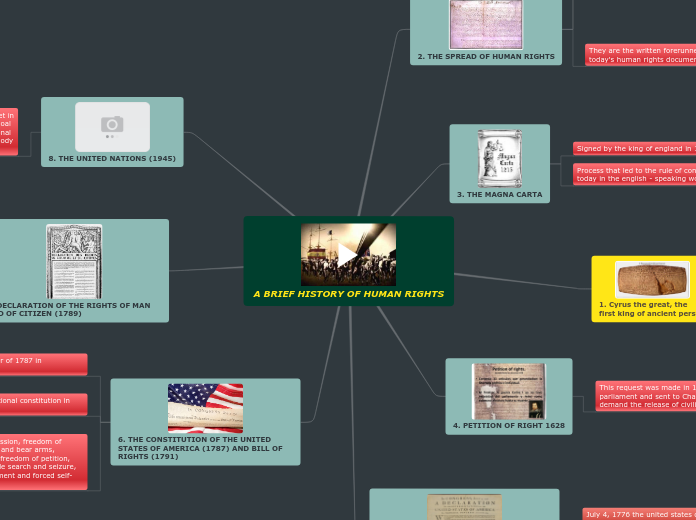door Josefina Tasca 6 jaren geleden
188
Expropiation
In 2005, during Hugo Chávez's presidency, expropriations became a significant issue in Venezuela. Chávez aimed to eliminate capitalism while maintaining a stance on private property, which in practice meant individuals could own personal belongings but not control the means of production.
